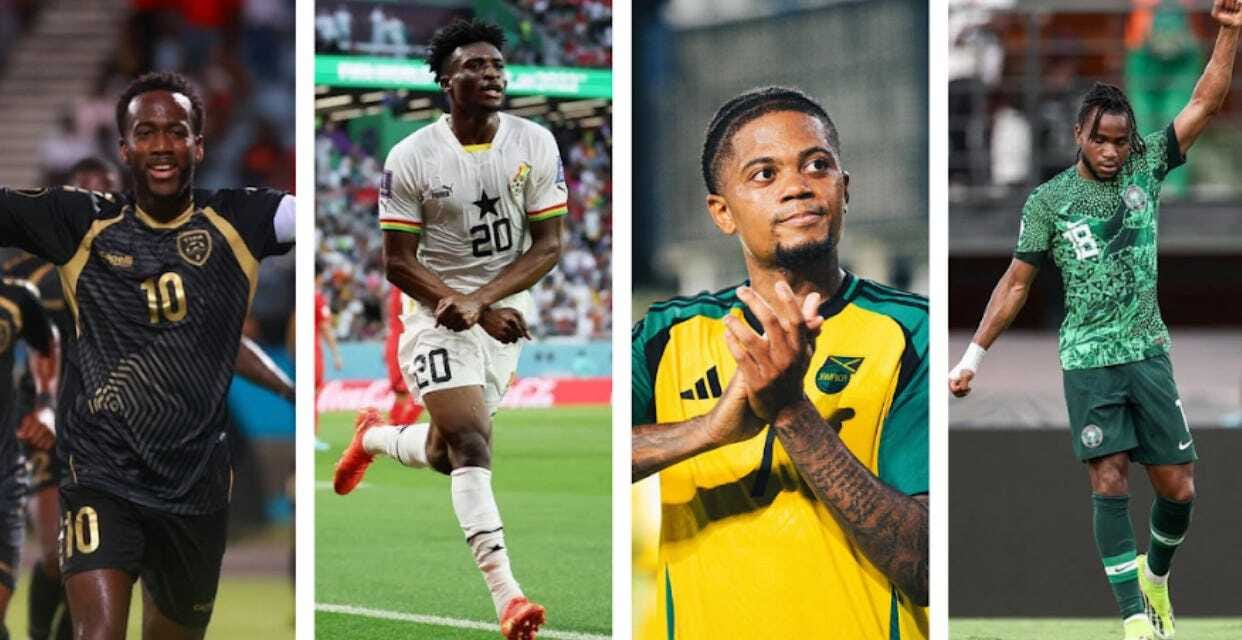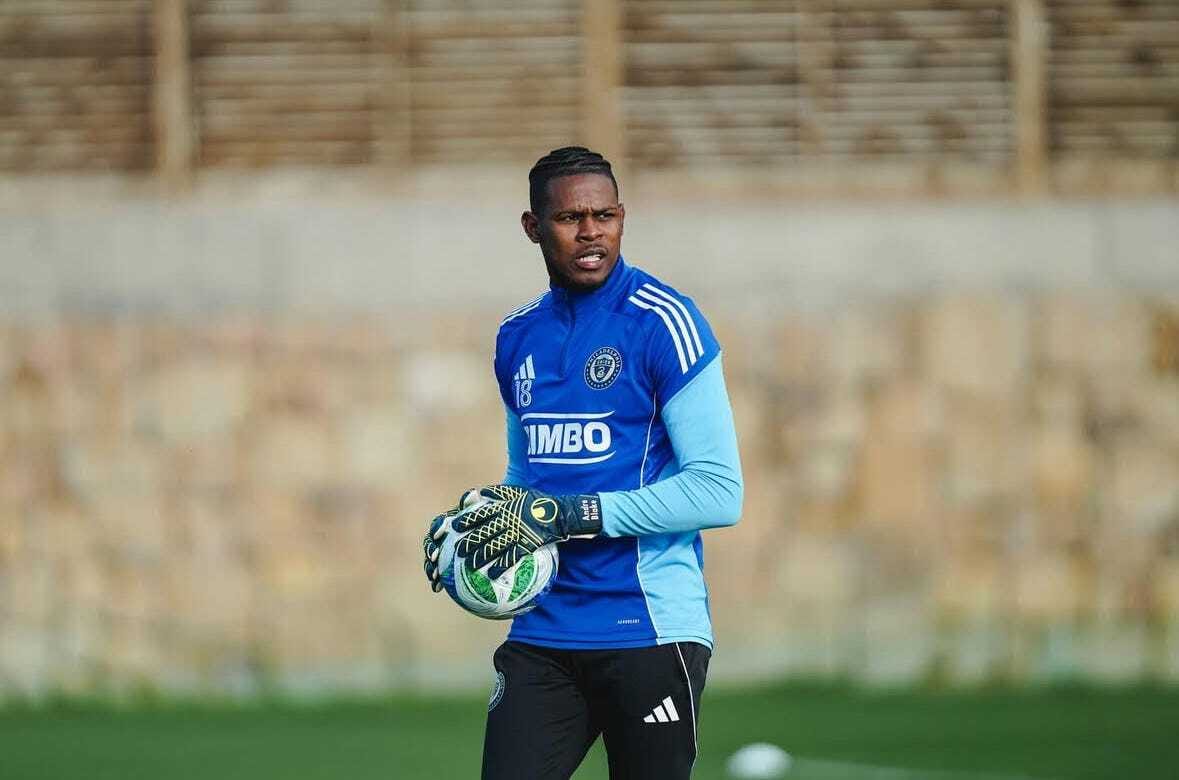
Let’s face it, we’re knee-deep in an era where immediacy is king in sport. It’s an era where short, concise tournaments bring fans closer to big games without requiring them to track points and positions for weeks on end. Like it or hate it, it could very well be the solution for diminishing attention spans while simultaneously growing audiences.
Need proof? Just look at the NHL.For one week in February, hockey took over my timeline. For a sport that ranks fifth on U.S. sports fans’ radars — after football, basketball, baseball, and soccer — the NHL’s 4 Nations Face-Off showed that a “best-on-best” tournament can capture and hold serious attention. The round-robin competition featured the United States, Canada, Sweden, and Finland. Seven games, eight days. In the end, Canada took home the trophy in a highly anticipated overtime thriller that drew over 16 million viewers in North America alone, making it the most-watched non-NFL event in ESPN+ history.
Organizers of the Unity Cup paid attention.
Scheduled for the final week of May, the week-long tournament will kick off back-to-back semifinals in Jamaica vs. Trinidad and Tobago, followed by arch-rivals Nigeria vs. Ghana.
Hosted at Brentford’s Gtech Community Stadium in London, the Unity Cup is banking on deep cultural ties between sport and national identity. Meaning there’s more than just a trophy on the line — this is a doubles vs. patties matchup, a jollof derby, and a battle of diasporas that promises post-season fireworks for fans and neutrals alike.
And the platform is perfect for a host city like London, where the four nations involved have among the largest African and Caribbean diasporas. The successor to the inaugural Unity Cup held in 2004, this new edition provides the backdrop for a week of music, food, and celebration, fueled by the energy of matchday. The world is on notice, and football fans will tune in for every teeth-kissing complaint, ambitious shot attempt, and can't-miss moment.
Still, the revived tournament raises a familiar conversation around fixture congestion and player fatigue. Players like Rodri, the Manchester City midfielder who suffered a season-ending ACL injury at the beginning of the Premier League season, have been vocal. The Ballon d’Or winner has even suggested players could strike if their health isn’t prioritized.
With the Unity Cup taking place immediately after the domestic season ends, it could spark a similar debate, but in today’s sports landscape, less is never more. Fans crave new ways to watch while billionaire owners push for more platforms to showcase their teams. It’s a lopsided tug-of-war where players often lose.
The Unity Cup, though, offers a fresh perspective — manageable formats, renewed passion, and opportunities to grow the game without the grind.
Peep the simplicity: a four-day tournament starting with two semifinals, followed by a third-place match and final. No preliminaries, no endless qualifiers or group stages. The shortened format reduces strain on athletes’ bodies while alleviating viewer fatigue.
Andre Blake, Jamaica’s current captain — and three-time MLS Goalkeeper of the Year — is fond of the format.
“It gets right into it,” said Blake, who is gutted to miss out on the tournament due to regular-season duties with his club side, Philadelphia Union. “The stakes are higher, it's a must-win game, and you're one win away from playing in the finals,” he continued. “So right then and there, [the tournament] sets up for the excitement [and] for the players to be engaged. It's something new in the sense that, normally, you have to go through a whole season, [but] not everybody gets to play in a semifinal, let alone a final. Just the whole construction of everything makes it a lot more interesting and exciting.”

For the right audience, these mini-tournaments are the perfect introduction to new sports and stars. Save the long, drawn-out builds for the World Cup. Focus on cultivating new fan bases now, giving them their own stages.
Of course, I’ll be watching the Jamaican National Team closely. The Reggae Boyz last played an official match in London nearly 20 years ago, in 2006. An entire new generation of British Jamaicans will finally have the chance to see the Boyz in person — and they’ll show out, just as other national supporters will for their teams.
That’s the beauty of international games: they spark a passion that rivals even the biggest in-season clashes. When you combine that passion with the sense of community created at these fixtures, tournaments like the Unity Cup extend far beyond sport.
Afro-Caribbean collectives will take over London, celebrating their culture out loud, front and center, with the tournament providing the perfect occasion. When communities come together, it just means more.
Using the blueprint provided by the Unity Cup and the 4 Nations Face-Off, the U.S. should take close notes.
Imagine the possibilities: an East African derby in D.C., with Ethiopians and Somalis taking center stage. An Afro-Latino micro-tournament featuring the Dominican Republic, Puerto Rico, and Cuba would electrify communities in New York City or Miami, and smaller cities across the U.S. would rally around diaspora pride.
Shorter might just be better — a blueprint that fits regardless of the sport, occasion, or competition level. As the Unity Cup approaches, Black football fans are gearing up for every can’t-miss moment on the pitch, in the stands, and in the streets. And with the tournament’s anticipated success in London, I’m just as excited for where the game — and the culture — goes next.